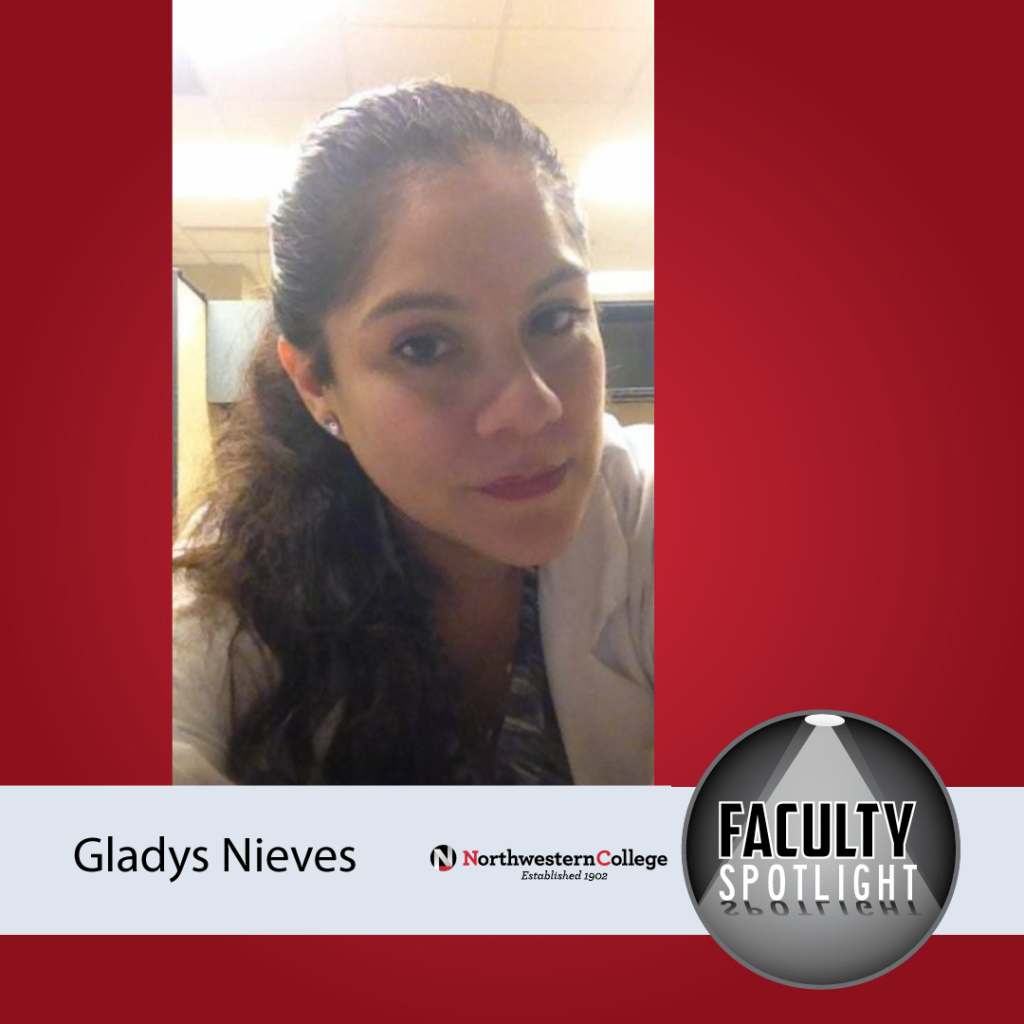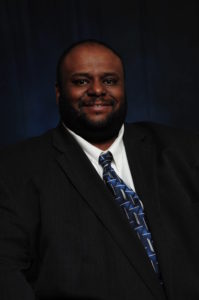Nursing is a rewarding career that can make you really feel good about yourself and the work you’re doing – work that you can do in a variety of locations (some that you might never guess). Although the Bureau of Labor Statistics estimates that there are more than 2.9 million nurses in the United States, there is still a shortage. If you are considering becoming a nurse, your job prospects look pretty good. First, though, see if nursing is the right career for you.
The Importance of Nurses
According to the United States Department of Labor, nurses make up the largest group of healthcare workers in the country. They are vitally important for patient care and to the doctors they work with. They are the most trusted healthcare workers and are the heart and soul of the healthcare world.
The Nurse’s Role
A nurse is so much more than the person who checks your vitals and gives you your annual flu shot. The profession is ideal for someone who enjoys diversity because of the number of roles the  nurse takes on. The primary role of a nurse is to advocate and care for patients, supporting them throughout their days, in health and in illness. In addition, a nurse also serves as a teacher, caregiver, critical thinker, administrator and wellness coach.
nurse takes on. The primary role of a nurse is to advocate and care for patients, supporting them throughout their days, in health and in illness. In addition, a nurse also serves as a teacher, caregiver, critical thinker, administrator and wellness coach.
Where a Nurse Can Work
Besides working in hospitals, clinics and physicians’ offices, nurses can practice their profession in other environments:
- Schools
- Nursing homes and assisted living facilities
- Research facilities
- Military bases
- Zoos
- National parks and theme parks
- Sports centers
- Cruise ships
- Airports
The field offers flexibility and even opportunities to travel the world. Travel nurses, for example, go where they are needed to manage clinics, treat patients and educate local staff. Their assignments change every eight to 13 weeks. Flight nurses handle pre-hospital care, usually going to sites of natural disasters or emergencies, and they accompany patients on helicopters and propeller aircraft.
The Skills Needed to Become a Registered Nurse and the Duties Nurses Perform
Registered nurses need to learn a number of skills to perform their day-to-day duties, which include:
- Administering medicine intravenously
- Applying dressings and bandages
- Drawing blood
- Moving patients carefully and positioning them in hospital beds
- Helping diagnose diseases and injuries
- Planning treatment and recovery
- Recording patients’ symptoms and medical histories
- Measuring and reading vital signs, such as temperature, blood pressure and pulse rate
- Operating medical equipment
In addition to the technical skills nurses learn in school, they need to have interpersonal skills to deal with patients:
- Listening to patient questions and concerns
- Compassion
- Inner strength to deal with day-to-day stress, difficult patients and outcomes
- Emotional maturity
- Problem solving
- Critical thinking
- Self-confidence
- Endurance for working long hours
The Core Values of Nursing
According to The Journal of Professional Nursing, there are five core values of nursing – the professional standards of ethics nurses need to follow and live up to every day so that they can advocate and properly care for their patients:
- Human dignity to respect patients’ privacy, dignity and personal rights no matter what
- Integrity to always remain ethical and take responsibility for their actions
- Autonomy to be confident about making sound decisions
- Altruism to treat and care for patients without thought of personal reward or compensation
- Social justice to care for patients fairly, regardless of their race, gender, personal values, ethnicity or background
The Benefits of Nursing as a Career Choice
Doing a job that is meaningful and rewarding can make a difference in your career satisfaction. A nursing degree can provide that satisfaction. You’ll understand what a gift good health is and how to treasure each  moment of life. You can take pride in the comfort, peace and care you give their patients, and know that you can make a difference in their lives. Some other benefits of nursing help you directly, such as:
moment of life. You can take pride in the comfort, peace and care you give their patients, and know that you can make a difference in their lives. Some other benefits of nursing help you directly, such as:
- Schedule flexibility to work the hours that meet the needs of you and your family
- Diverse work location options in hospitals, clinics, doctors’ offices, schools and more
- Certifications and opportunities to continue your education
- The opportunity to specialize in a particular field, such as neo-natal, pediatrics, geriatrics, oncology, trauma, etc.
- Benefit packages that may include health and life insurance, disability insurance, paid sick leave, vacation time, etc.
- Good salaries – the median salary is $70,000, according to the Bureau of Labor Statistics
The Northwestern College Nursing Program
You can prepare for a career as a Registered Nurse (RN) with an Associate in Applied Science degree from Northwestern College’s Violet L. Schumacher School of Nursing. The curriculum is designed with the demands of the healthcare industry in mind. You’ll learn via the classroom and with a hands-on approach in simulation labs and clinical practice. Once you earn your degree – in approximately two years – you’ll be able to hit the ground running and practice nursing, an in-demand career.
For more information about how to prepare for a career as an RN, contact Northwestern College.
The post Why Become a Nurse? appeared first on Northwestern College.
from
https://nc.edu/why-become-a-nurse/




 Christopher Wheat had originally planned on becoming a physician when he entered the University of Chicago as an undergraduate. Fortunately for Northwestern College, he changed his plans. The multi-degreed, multi-awarded Wheat is now Program Director of the college’s new Health Information Management program. How he went from there to here is a fascinating story.
Christopher Wheat had originally planned on becoming a physician when he entered the University of Chicago as an undergraduate. Fortunately for Northwestern College, he changed his plans. The multi-degreed, multi-awarded Wheat is now Program Director of the college’s new Health Information Management program. How he went from there to here is a fascinating story.